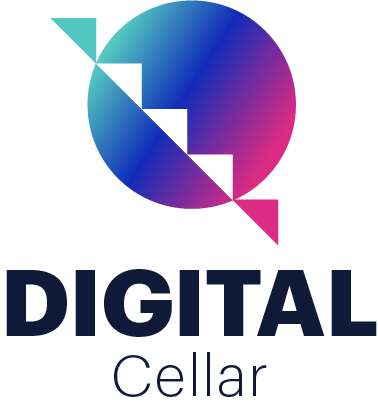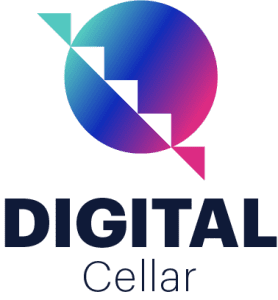What Is Lead Generation Strategy?
A Lead Generation Strategy is a plan developed by businesses to attract and convert strangers and potential customers into someone who has indicated interest in your company’s product or service. It involves a series of steps and methodologies aimed at capturing the attention of prospects through various channels and turning them into leads.
Why Lead Generation is Important?
Lead generation is fundamental to any business’s sales and marketing strategy. It serves as the initiation point for the sales process by identifying individuals who have shown interest in a product or service. This interest can be demonstrated through various actions, such as sharing contact information, subscribing to newsletters, or engaging with the brand on social media. The importance of lead generation lies in its role in nurturing these potential customers over time. By providing valuable information, addressing their needs, and guiding them through the stages of the sales funnel, businesses can build relationships and trust.
The ultimate goal is to convert these leads into paying customers, contributing to business growth. Additionally, lead generation allows for the efficient allocation of marketing resources, as efforts are directed toward individuals who have already expressed interest. It also provides valuable data for data-driven decision-making, enabling businesses to refine their strategies and enhance overall efficiency. In summary, lead generation is a crucial foundation for customer acquisition, business expansion, and sustained success.
10 Tips to Maximise Lead Generation Strategies
1. Target Long-Tail Keywords
Targeting long-tail keywords helps you reach the right people who are interested in what you offer. These keywords are more specific and detailed, showing that someone is close to deciding or buying. For example, instead of “best running shoes for women.”
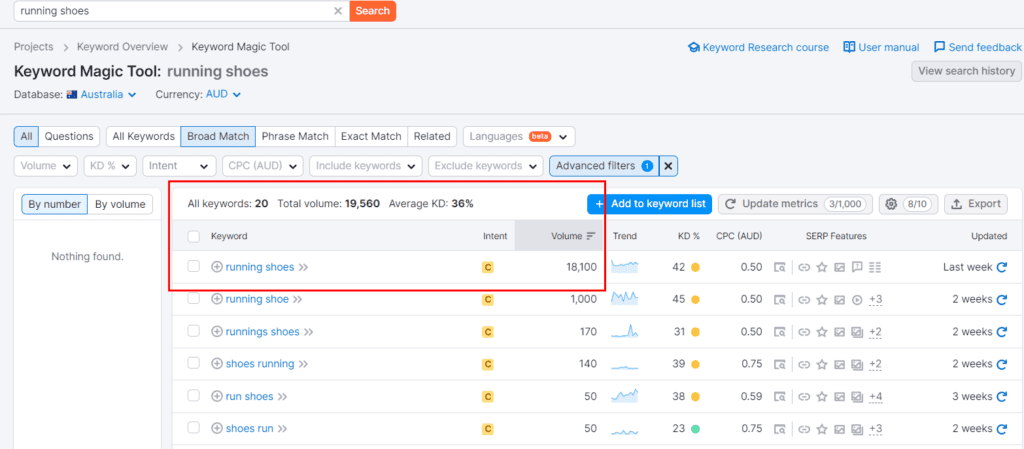
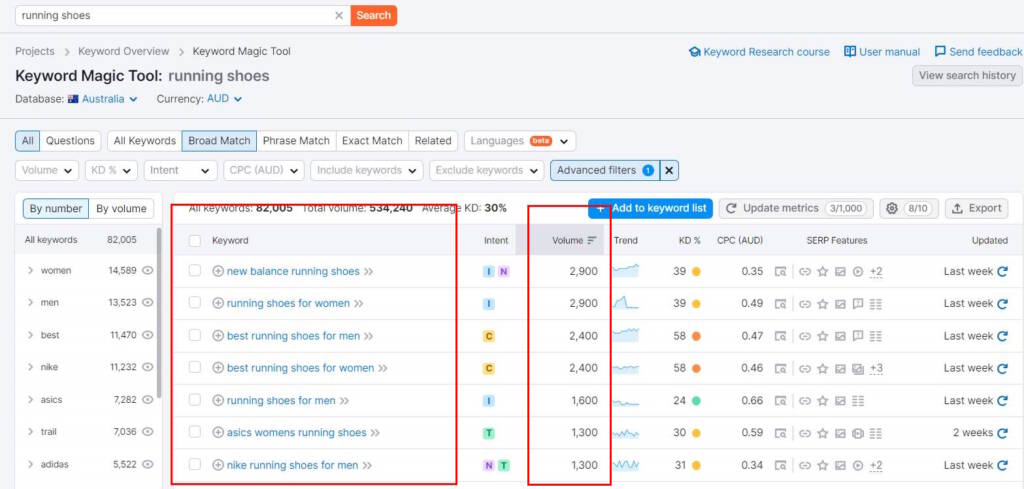
When you focus on them, you have less competition, meaning it’s easier for your business to stand out in online searches. This is great for attracting a particular group of people who are looking for exactly what you provide. Plus, using these keywords helps your website appear when people use voice search, which is becoming more popular. By making your content match the way people talk and offering detailed information, you not only improve your chances of showing up in search results but also increase the likelihood of turning curious visitors into potential customers. So, by using this, you’re not just getting more website visitors; you’re attracting the right kind of visitors who are more likely to become customers.
2. Optimise for Local Search
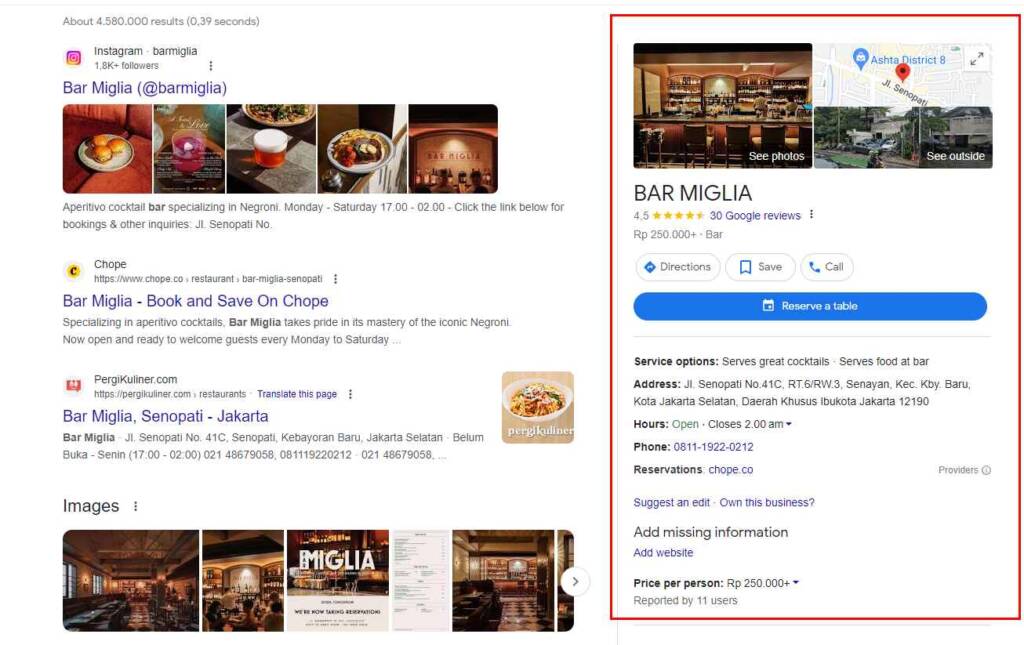
If your business serves a local area, optimising for local SEO can significantly boost your visibility in local search results. Ensure your business is listed on Google My Business, and include local keywords and phrases in your content.
3. Create High Quality Content
Produce engaging, informative, and valuable content that addresses the needs and questions of your target audience. High-quality content not only ranks better but also encourages visitors to engage with your site and take action.
4. Lead Generation Ads
Running lead generation ads is a targeted approach to gathering interest and contact details from potential customers. Select platforms where your target audience is most active. Clearly define who your ideal customers are. Use demographics, interests, behaviours, and pain points to create detailed audience personas. This ensures your ads reach the people most likely to be interested in your offer. For B2B companies, LinkedIn might be ideal, while B2C businesses might find more success on Facebook, Instagram, or Google Ads.
If your ads direct users to a landing page, ensure it’s optimised for conversions. The landing page should match the ad in terms of message and design, have a clear and compelling headline, and include a simple, straightforward form.
5. Optimise Page Load Speed
Speeding up your website is crucial for getting more leads. A fast-loading site gives users a better experience and helps your website show up higher on search engines.
Here’s an easy guide to making your site load faster:
- Use tools to make images and videos smaller so they load quickly without losing quality.
- Rremove unnecessary stuff on your page, like extra images and design elements, to make it less cluttered
- Allow browsers to save some data, so visitors don’t have to load everything again when they come back
- Make CSS and JavaScript files smaller to speed up your site
- Use Content Delivery Networks (CDNs) to spread your content across servers worldwide, helping it load faster
- Optimize your site for mobile devices because many people use slower internet on their phones.
- Check if your server is working well, and upgrade if needed.
- Get rid of anything that slows down your page, and use lazy loading for images and videos.
- Lastly, check your page speed regularly using tools like Google PageSpeed Insights and follow their suggestions to improve performance.
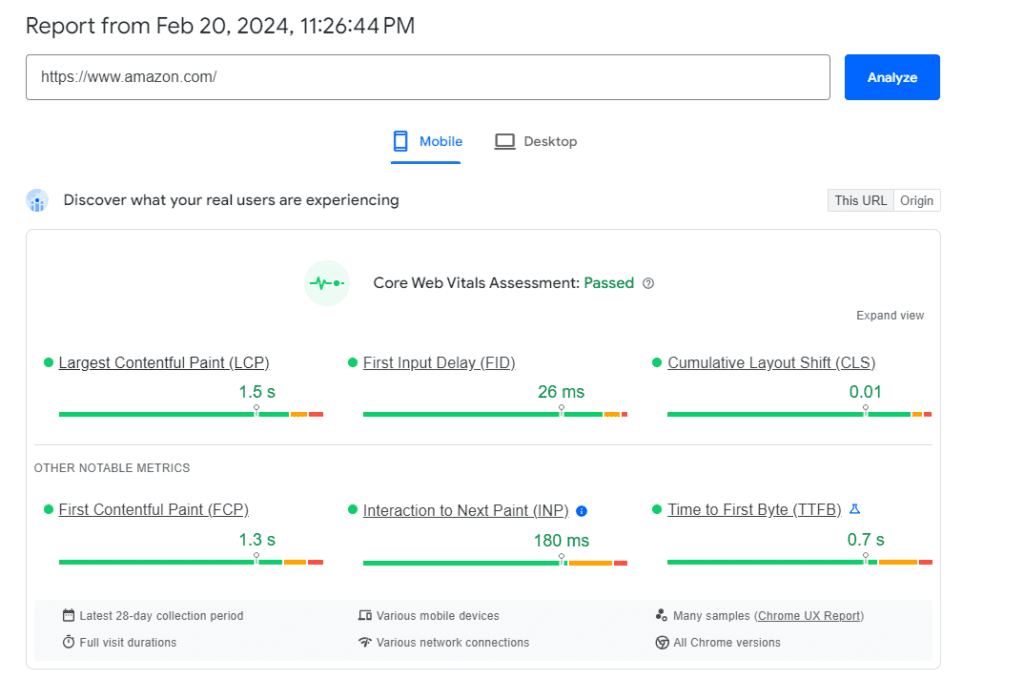
Following these steps will make your website load faster, providing a better user experience and increasing the chances of visitors turning into leads.
6. Mobile-Friendly Website
With the increasing use of smartphones for internet browsing, having a mobile-friendly website is crucial. A responsive design ensures your site is accessible and easy to navigate on all devices, improving the user experience and SEO.
7. Leverage Social Proof
Include testimonials, reviews, and case studies on your website to build trust and credibility. Social proof can be a powerful motivator for visitors to take the next step and convert into leads.
8. Use Clear Calls-to-Action (CTAs)
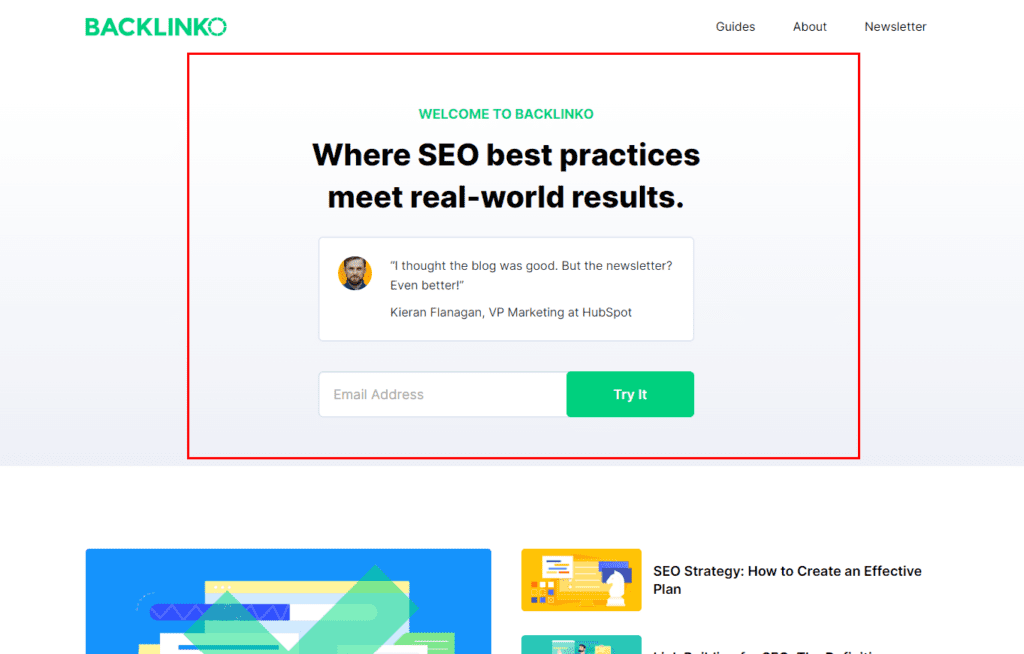
Make it easy for visitors to convert by using clear and compelling CTAs. Whether it’s signing up for a newsletter, downloading a guide, or requesting a consultation, ensure your CTAs stand out and are strategically placed throughout your site.
9. Regularly Update Content
Keep your content fresh and up-to-date. Regularly updating your site with new blog posts, articles, and resources not only helps with SEO but also keeps your audience engaged and coming back for more.
10. Analyse and Adjust
Tracking your SEO performance with analytics is key for getting more leads. Analytics tools like Google Analytics and Google Search Console give you insights into how people use your website, the keywords bringing them in, and which pages they like.
Here’s a simple guide on using analytics for lead generation:
Start by setting up tools like Google Analytics and Google Search Console to keep an eye on your website’s performance. Make sure to set goals for tracking conversions and understanding user behaviour. Check where your visitors are coming from. Perhaps it is from search engines, social media, direct links, or referrals. Focus on improving the sources that have the most potential for lead generation.
Find out which keywords are driving traffic to your site and where they rank. Adjust your content strategy based on this info. Track the number of leads your SEO efforts are bringing in and the conversion rate. This helps you figure out which SEO strategies work best for turning visitors into leads. Dive into user behaviour insights by checking out user flow, exit pages, and pages per session to spot any issues in the user journey.
Based on what you learn from analytics, tweak your content strategy. Create more of what your audience likes or optimise what’s already there. Check what devices people are using to access your site and make sure it’s well-optimised for mobile, desktop, and tablet. Keep an eye on your competitors using SEO analytics tools. See where they’re doing well and where they’re not, adjusting your strategy accordingly. Regularly review your analytics to spot trends, track progress, and make smart changes to your SEO strategy. By using analytics to guide your SEO moves, you can make your website more visible, attract the right audience, and get more leads.
Mastering lead generation strategies is crucial for driving growth and achieving measurable results. Whether it’s optimising your page load speed, leveraging analytics to refine your SEO, or harnessing the power of targeted lead generation ads, there’s a wealth of tactics at your disposal to enhance your digital presence and convert prospects into loyal customers.
At The Digital Cellar, we specialise in crafting bespoke lead-generation solutions tailored to your unique business needs. Our expertise in cutting-edge SEO techniques, analytics-driven strategy adjustments, and impactful advertising ensures your brand stands out in a crowded marketplace. Don’t let the complexities of performance marketing hold you back. Contact The Digital Cellar today, and let us help you unlock the full potential of your lead generation efforts, propelling your business to new heights of success!
